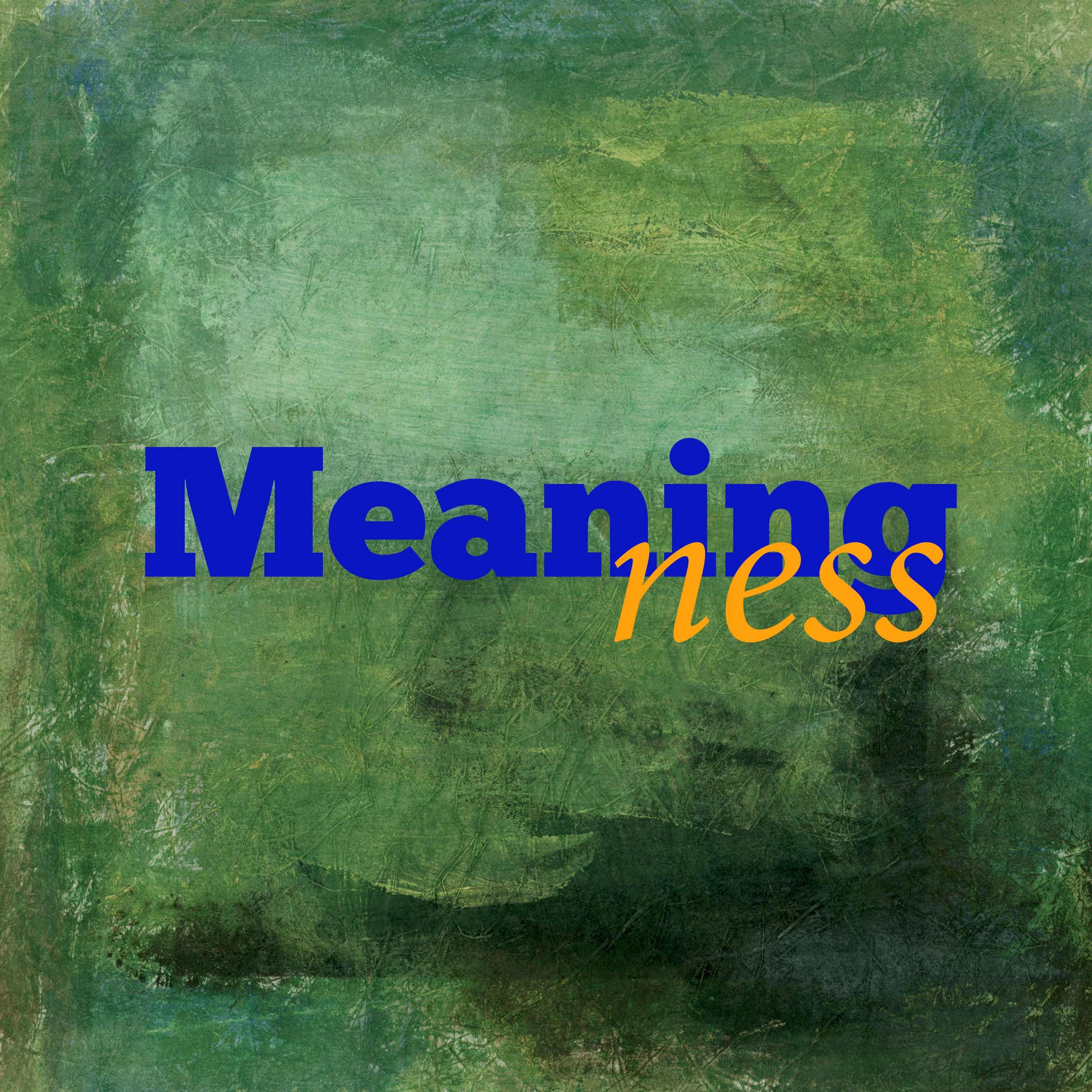Transmitting ways of being, without dominance ploys
Description
We both aim to transmit ways of being. That demands a different mode than conventional teaching, which explains facts, concepts, theories, and procedures.
David attempts to transmit meta-rationality—not a theory or method, but a way of being, namely “actually caring for the concrete situation, including all its context, complexity, and nebulosity, with its purposes, participants, and paraphernalia.”
We both attempt to transmit Vajrayana Buddhism. That is a way of being: it includes elaborate doctrines and practices, but those are not the point. The point is effective beneficent activity, enabled by liberation from fixed patterns of thinking, feeling, and acting.
Vajrayana can be subdivided into Buddhist tantra and Dzogchen. Both include multiple, non-ordinary, centuries-tested ways of transmitting the way of being. Tantra uses elaborate ritual methods, such as abhisheka/wang/empowerment, which David described briefly in “You should be a God-Emperor,” and which we discuss in this podcast episode. Dzogchen relies on obscure non-instructions, as in “A non-statement ain't-framework.”
Traditional Vajrayana demands particular patterns of teacher-student interaction that in the podcast we describe as “gross.” They rely on dominance/submission dynamics, and we don’t believe they work well anymore. Charlie has developed an alternative approach, discussed in the podcast. (Also in “The learning relationship in contemporary Vajrayana” and “How to learn Buddhist tantra.”)
The podcast is a recording of a spontaneous conversation, in which David sought and received advice from Charlie on how to be as a teacher.
Transcript
David: We have these discussions that are really animated and exciting, and usually about 30 minutes into them when we’re more or less done, we say, damn, we should have been recording this.
Charlie: How many times?
David: Yeah, this happens every few days. And this time, 20 minutes into one of them, I said, okay, let’s stop, drop everything, and try and record something, and see. But we’ve now got the context of 20 minutes of animated discussion of a topic. And if we go back over it, it’s not going to be the same, but maybe we can talk about it a bit to introduce it, and then there was some stuff I was going to add on, and that was the point where I thought, okay, maybe we can record that.
Charlie: I remember the conversation starting when you expressed some discomfort around finding that people were beginning to be sycophantic or adulatory or have some response to your writing recently that triggered this reaction of discomfort of, well, can you say more about what that was?
David: Yeah, having started writing on Substack has changed the way I think about relating to an audience in ways that I don’t really understand very well. I want to get a better understanding of my side of the relationship with the audience. And also, what is functional for readers or listeners. And you know, what can I do that’s most useful? And I was seeing that some of the pieces I’ve written recently, and the most recent piece was the God Emperor piece, have gotten a lot of attention in ways that I’m not really completely comfortable with. There’s a sense of: I don’t want to be writing clickbait, I don’t want to be sensationalistic. With both that and The Piss Test, which also went somewhat this way, I wasn’t intending, or mostly not intending to be sensationalistic. I was just trying to explain a thing. There’s bits in there that are kind of deliberately over the top, but that’s just a normal part of how I communicate.
I worry about a number of different dynamics. One is that I might get sucked into writing that kind of piece rather than the much more serious things, and I think the more serious things are more important. Those are the ones that I really want the readers to take onboard. I’m worried about audience capture, where one gradually becomes a caricature of oneself in re
More Episodes
Following our earlier conversation about Ultraspeaking and Vajrayana, we add adult developmental stage theory to the mix: three transformational frameworks in synergy.
We recorded this when Charlie was in Berlin on a Chinese martial arts retreat. Charlie had had been away from home for more than...
Published 11/09/24
Published 11/09/24
“What do you think you’re doing? And, um, why?”
This is a recording of a Substack live video AMA (“ask me anything”) session I hosted two days ago.
Around fifty people attended! I enjoyed it, and hope everyone else did too.
We had a preliminary discussion in the subscriber chat, which was very...
Published 10/24/24


